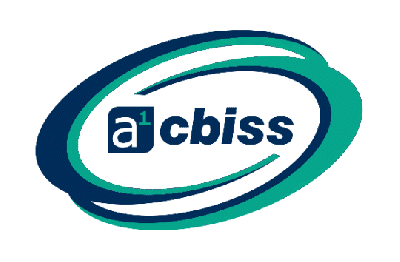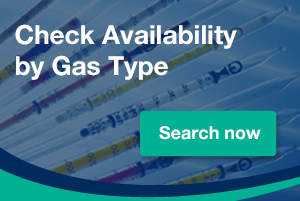The Environment Agency (EA) requests EfW plant operators to report Pollution Inventory (PI) emissions which now includes biogenic CO2 sources.
The EA is keen to improve the quality of data on greenhouse gas emissions within the EfW sector.
Environment Agency’s Pollution Inventory Guidance
In January 2021, the EA requested that all operational EfW plants that burn municipal solid waste (MSW) should calibrate their CO2 and N2O CEMS plus flow meters. This request was on a voluntary basis, pending this becoming a mandatory requirement in the future. For some operators, this meant adding these gases to the EN14181 reporting schedule and upgrading to MCERTS accredited flow probes.
Now, in 2022, the EA have made an addition to the Pollution Inventory (PI). They would like all MSW EfW plants to report CO2 from biogenic sources.
Along with CO2 and N2O, the EA would now like to promote a standard way of reporting Biogenic CO2 emissions in the PI. The standard procedure will improve the quality of data provided, which will in turn help determine their accuracy.
The Most Accurate Method
To calculate the fraction of biogenic CO2, there are a handful of methods to choose from. Some are based on judgement and estimations.
By using the ratio obtained from the continuous C14 sampling method, and the total CO2 emitted by the plant, the amount of CO2 from biogenic sources can be calculated.
As a result, this method will return the most accurate figures for reporting biogenic CO2 emissions.

AMESA-B – Continuous Monitoring Sampler
As noted in the EA’s PI for reporting of 2021 GHGs, the AMESA-B sampler determines the fractions of biogenic CO2 to fossil CO2.
• AMESA-B, is a continuous and reliable automated sampler
> It uses the recognised C14 sampling method
• The sampling principle fulfils the requirements of EN ISO 13833
> The sampling method yields the most accurate figures for reporting PI biogenic CO2 emissions
• Enables sites to report Biogenic CO2 data for credits within the Emissions Trading Scheme (ETS)




